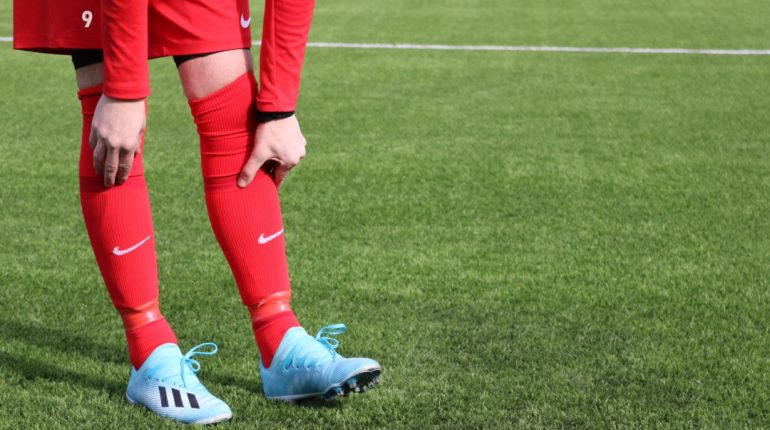
A rush of blood to the head or a wilful act of criminal damage causing great distress to the property’s owner?
According to the Criminal Damage Act 1971, Ronaldo’s case, for knocking a young man’s phone out of his hands*, could have ended up in court.
‘A person who, without lawful excuse, destroys or damages any property belonging to another, intending to destroy or damage any such property, or being reckless as to whether any such property would be destroyed or damaged.’
In cases where the damage is less than £5000, the maximum sentence for criminal damage is six months imprisonment.
Perhaps a decision to make an example of a prominent personality, that nobody is above the law.
Luckily, common sense prevailed and instead of court, Ronaldo received a Conditional Caution. A conditional caution is a type of out of court disposal, where an offender has to comply with certain conditions, as an alternative to prosecution. The conditions that can be attached must be rehabilitative, reparative and/or a financial penalty (Criminal Justice Act 2003, s.22).
This meant that, to avoid court, Ronaldo had to meet certain requirements or conditions. These conditions could include an apology and paying for the damaged or destroyed phone. A new iPhone costs £780, so based on an estimated monthly income of £2m, Ronaldo earns this every 17 minutes.
Given that the Police considered the matter as “concluded” suggests that Ronaldo had complied with all required conditions.
What about the outcomes for the less well-known accused?
Courts in England and Wales hear around 1,400,000 cases per year**. Only around 150,000 end up being sent to prison or suspended sentences. A further 150,000 receive community order of other outcomes.
In comparison 1,100,000 court cases resulted in fines or compensation. Of these financial outcomes, over 90% were for less than the cost of an iPhone. 70% were for less than £250.
Sending a case to court requires Police time, solicitor costs, barrister costs, court time. So in 90% of court cases, the cost of the process outweighs the financial outcome. Assuming the financial penalty reflects the severity of the crime, Out of Court Disposals could be used in 70% of all outcomes.
Benefits include:
- Significant savings in Police and court time
- Enormous reduction in court backlog
- Swift justice
- Victim inclusion
Avoiding 700,000 cases going to court, assuming each court visit costs £5,000, would save the system £3,500,000,000.
So let’s make £250 the benchmark, “the Ronaldo rule”. If the Police believe that the court outcome is likely to be less than £250 and the victim agrees, deal with it before it ends up in court.
*https://talksport.com/football/1173494/cristiano-ronaldo-manchester-united-everton-supporter-phone/
**2019 Figures
